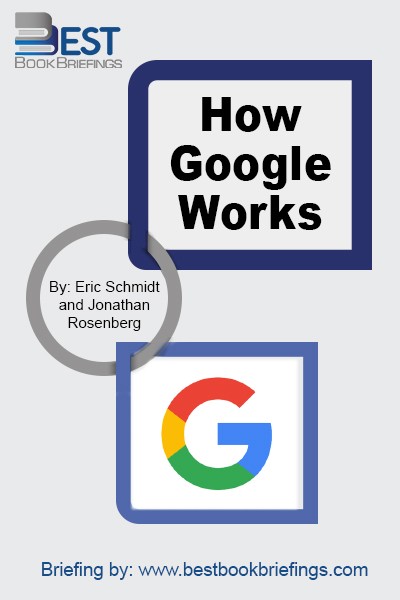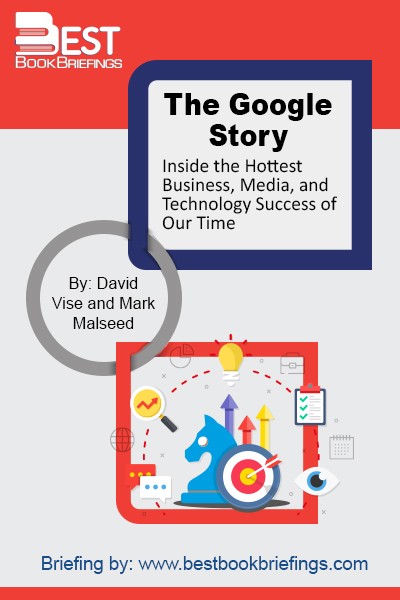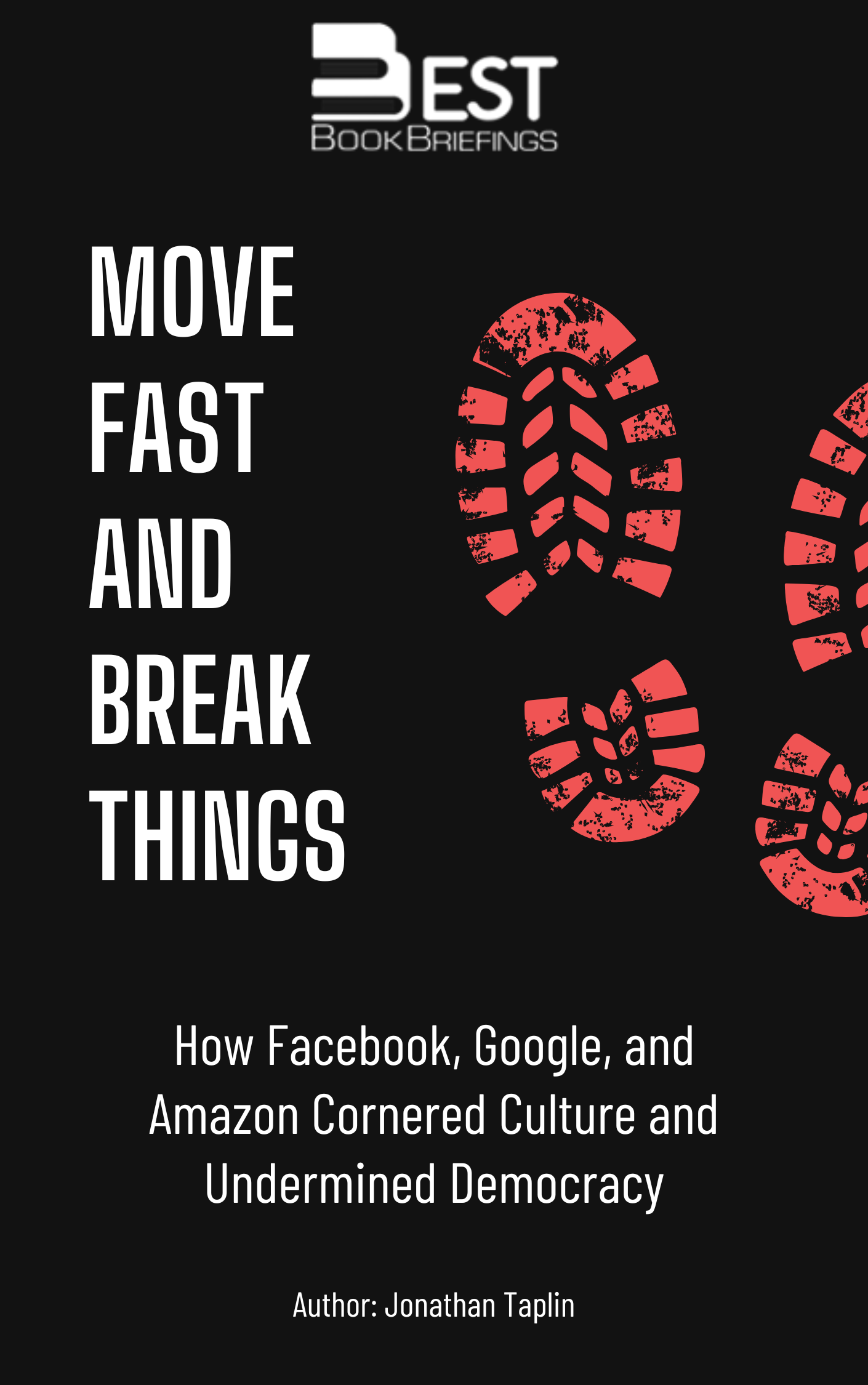Move Fast and Break Things
How Facebook, Google, and Amazon Cornered Culture and Undermined Democracy
Number of pages: 320
Publisher: Little, Brown and Company
BBB Library: Technology and Globalization
ISBN: 978-0316275774
Editorial Review
Move Fast and Break Things is the riveting account of a small group of libertarian entrepreneurs who in the 1990s began to hijack the original decentralized vision of the Internet, in the process creating three monopoly firms--Facebook, Amazon, and Google--that now determine the future of the music, film, television, publishing and news industries. Jonathan Taplin offers a succinct and powerful history of how online life began to be shaped around the values of the men who founded these companies, including Peter Thiel and Larry Page: overlooking piracy of books, music, and film while hiding behind opaque business practices and subordinating the privacy of individual users in order to create the surveillance-marketing monoculture in which we now live.
Book Reviews
Books on Related Topics

Every morning when you put your cell phone in your pocket, you’re making an implicit bargain with the carrier: “I want to make and receive mobile calls; in exchange, I allow this company to know where I am at all times.” In this book, we get to know about the here’s

In an era when everything is speeding up, the best way for businesses to succeed is to attract smart-creative people and give them an environment where they can thrive at scale. HOW GOOGLE WORKS is a book that explains how to do just that.

Moscow-born Sergey Brin and Midwest-born Larry Page dropped out of graduate school at Stanford University to, in their own words, change the world through a powerful search engine that would organize every bit of information on the Web for free. The Google Story takes you deep inside the company's wild ride from an



